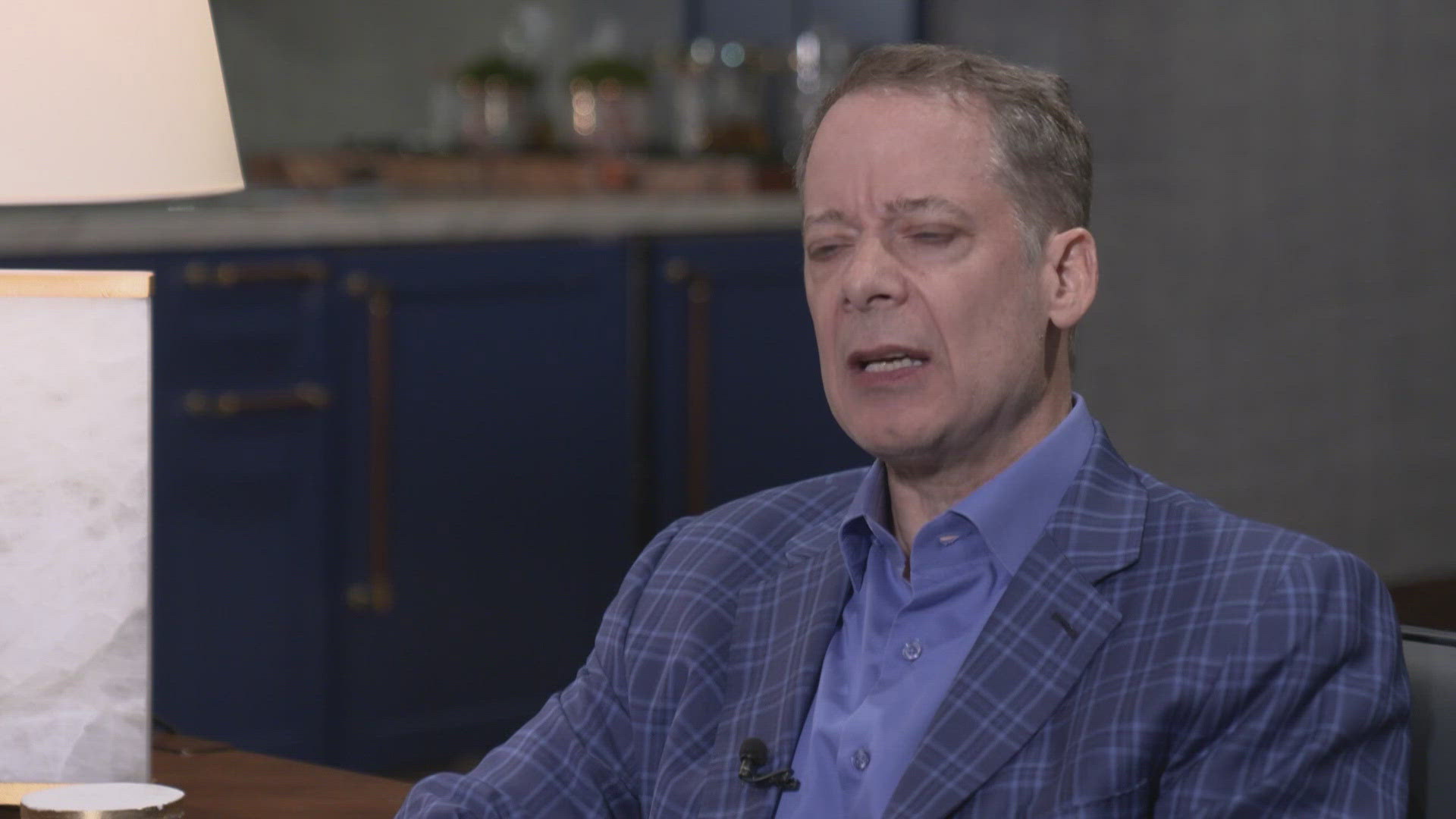DALLAS — Dallas voters appear to have passed two of three so-called "HERO amendments" on the November ballot, and the implications for City Hall could be wide-reaching.
Amendments S and U passed with 55% and 51% of the vote, respectively. The first will waive the city's "sovereign immunity" and allow people to sue Dallas more easily. The second would force the city to hire 900 additional police officers and devote at least half of new tax dollars collected to the police and fire pension fund.
A third amendment, Proposition T, which would have tied the city manager's pay and employment to a survey of at least 1,400 residents, did not pass.
Proponents of the propositions argue they will increase accountability for city government and improve public safety in Dallas.
Opponents, however, have warned of multiple problems implementing the propositions. Current and former leaders of Dallas and the city's largest police and fire associations were united in opposing all three amendments.
Now, former Police Chief Eddie Garcia warned that the department would struggle to find enough qualified applicants to fill 900 new positions and that the city would be unable to train all of them, even if it could hire them.
"I do not believe this would be right for the city at this time," he told council members in August.
In a recent Public Safety Committee meeting, the Dallas Police Department discussed lowering hiring standards to attract additional applicants.
Interim City Manager Kim Tolbert said at the same August 7 Council meeting that hiring 900 new police officers would be a six-figure annual investment for the city.
If the measure passes, she warned of "drastic cuts" to city parks, libraries, street repair, animal services, and more.
"Every single city department would be impacted," she said. "There would be no sacred cows because we would have to look at all the departments in order to bring that type of funding to the table."
"While we wait for the final, certified results of the election, we will continue to review our options," Tolbert said in a statement Wednesday.
City leaders have previously suggested they were willing to sue if any of the HERO measures passed.
"It would have a long battle in court if it does pass," Councilman Adam Bazaldua told Inside Texas Politics in September.
But a coalition of former and current elected officials opposed to the measures conceded, "We lost."
"The results of the ballot initiatives suggest citizens of Dallas are not happy with City Hall," the statement from Together for Dallas said. "They sent that message with their votes on City Charter amendments, including the passage of Propositions S and U, which were sold on the false promises of more accountability and more police."
The Dallas HERO initiative tweeted, "The people have spoken. Now it's time for accountability in Dallas!"
A new way to self-govern?
Multi-millionaire, publisher, and hotelier Monty Bennett, who spoke with WFAA on Wednesday, is a prominent vocal and financial supporter of the HERO Amendments.
Bennett, the CEO of Ashford Inc., said that the city has had chances to protect its citizens and pay police better but has squandered tax dollars on things that don't matter.
"People are sick of it. They're sick of politicians saying one thing and doing another. This is an attempt to use direct democracy so that the people can sidestep the politicians and decide on their priorities," Bennett said.
In the end, democracy did prevail. Dallas HERO got its way by gathering thousands of voter signatures, which earned them top exposure on the ballots of thousands in Dallas County. Suddenly, a council vote on the Horseshoe didn't need to happen to pay police more and shore up their ranks.
Former and current council members and former mayors who opposed the amendments and outspent Dallas HERO in ads via a political action committee to get voters to say no had little time (thanks to a court battle to add other propositions to sink the amendments potentially) to convince every voter that this was bad for them.
Council members who opposed the amendments told WFAA they were in a holding pattern to learn what would happen next, which is likely another spirited legal battle.
Bennett said that wastes the city's time and tax dollars.
"I got an idea--how about listening to what the people want and then go and do it?" Bennett said. "How many times is the will of the people going to be thwarted?"
So, is this the new way to self-govern? Is this a way of cutting through the red tape and bureaucracy for voters to get what they agree on?
Dallas HERO's success has laid a blueprint for other initiatives or voters to follow in Texas. Bennett also said he's willing to support raising signatures again to get the proposition that changes the city manager's salary to performance-based back on the ballot.
"The city manager should be focused on five core things to improve a city--instead, they do 500 things terribly," Bennett said.
Bennett also extended an olive branch, saying that he's heard too much about the proposed amendments' unintended consequences and would be willing to work with city leaders to fix them if they caused undue hardship.
"I'm happy to work with a city official or a former mayor to correct whatever the problems are and to get the state legislature involved if we have to," Bennett said. "I don't want to hear that these amendments are going to do all these things--let's fix them if we have to."
Full interview with HERO supporter Monty Bennett:

